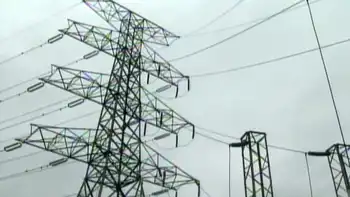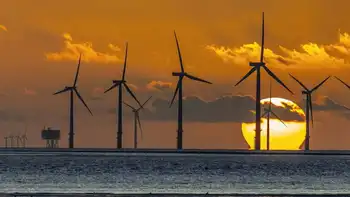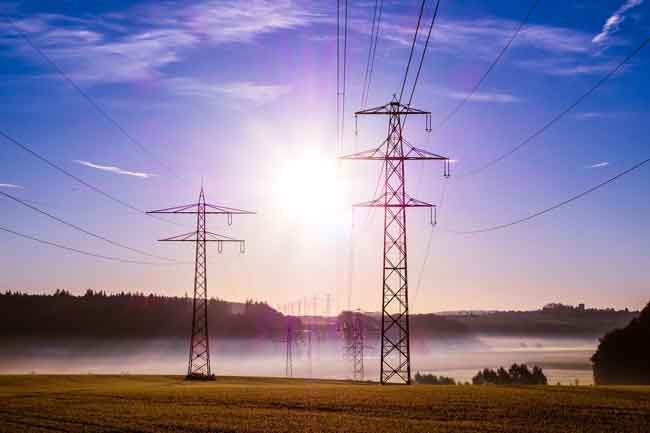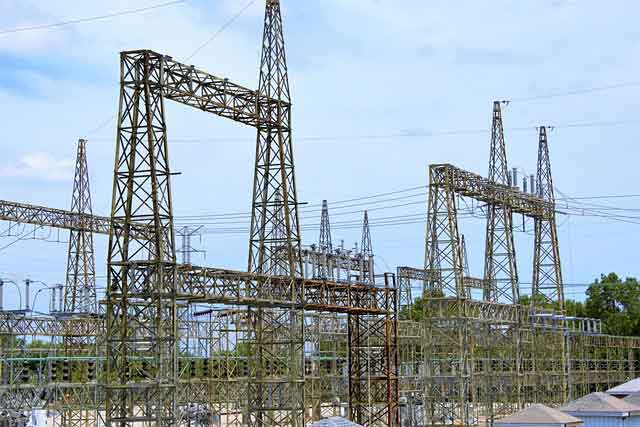Nuclear deal could cost ratepayers: Auditor
The $4.25-billion deal struck with private company Bruce Power in 2005 to refurbish two idled nuclear units was like a pricey insurance policy that protected the government from the costly risks associated with bringing new power online, Auditor General Jim McCarter found.
The government decided it would pay Bruce Power an above-average price for the new energy stream and remove most of the ratepayers' liability if the cost of the nuclear units ran over budget, McCarter said in a report commissioned by the government.
McCarter estimated Bruce Power will receive a premium of around 44 per cent in exchange for assuming the ongoing operating-cost risks, but ratepayers are still on the hook for some construction-related risks that could translate into even bigger bills.
"Ratepayers are going to be paying more, a fairly significantly higher price for electricity (produced by) these units," he said.
"On the other hand, you have to recognize that if you're transferring a lot of these risks to a private-sector organization, you're going to have to pay them something for that."
McCarter said the deal was a "mixed bag" for the government, with some good points and bad.
In the case of a so-called "mega overrun" – when the price ends up being 50 to 100 per cent above estimates – the government will pay only a quarter of the extra costs, and can avoid previous nightmares like the controversial Darlington station which nearly tripled in price during the 1980s to $14 billion.
But McCarter said ratepayers would have to pay in the likelier event that overruns are in the range of 10 to 20 per cent above estimates. And if costs run below estimates, it's unlikely ratepayers will benefit, he added.
The opposition said the deal with Bruce Power had too many “sweetheart" provisions and stuck ratepayers with too much liability.
"The government says they've negotiated away the risk – that's nonsense," said New Democrat Leader Howard Hampton. "If Bruce Power went bankrupt, it would be the people of Ontario that would have to go in and take this over, because you're dealing here with an essential service."
Conservative critic John Yakabuski said the government was in a position of weakness when it signed the deal, noting it was in desperate need of power and forced into a bad decision.
"Bruce Power acted in the best interests of its shareholders," he said. "The auditor's report would certainly raise some doubt as to whether the government acted in the best interests of its shareholders."
But Energy Minister Dwight Duncan said he feels vindicated by the report, which found the government properly considered and addressed the risks of the deal.
Despite the criticism, he said he would make the same deal again.
"What we've done successfully is transferred potentially billions of dollars of risk away," Duncan said.
"The trade off between say a $20-billion stranded debt that people are paying every month on their bill, and a relatively modest price differential, we think is a good trade off."
The deal will give the province an additional 1,500 megawatts of energy, which is enough to power about 1.2-million homes.
McCarter also criticized the government's decision to accept a last-minute increase of $250 million to the total cost of the project without "sufficient evidence" to determine it was needed.
And there are other scenarios where significant costs would be passed onto the public if production doesn't go according to plan, he said.
Ratepayers need to assume the risk for cost overruns on steam generators, even though Bruce Power had already planned to purchase them before negotiating with the government.
And if the government doesn't upgrade its transmission lines in time to use the new energy source, it will have to pay Bruce Power anyway.
But Duncan said a new project announced recently will ensure the province is ready.
Related News

Lack of energy: Ottawa’s electricity consumption drops 10 per cent during pandemic
OTTAWA - Ottawa residents may be spending more time at home, but the city’s energy use has dropped during the COVID-19 pandemic.
Hydro Ottawa says there was a 10-to-11 per cent drop in electricity consumption in April, with the biggest decline in electricity usage happening early in the morning.
Statistics provided to CTV News Ottawa show average hourly energy consumption in the City of Ottawa dropped 11 per cent during weekdays, and a 10 per cent decline in electricity consumption on weekends.
The drop in energy consumption came as many businesses in Ottawa closed their doors due to the COVID-19 measures and physical…





